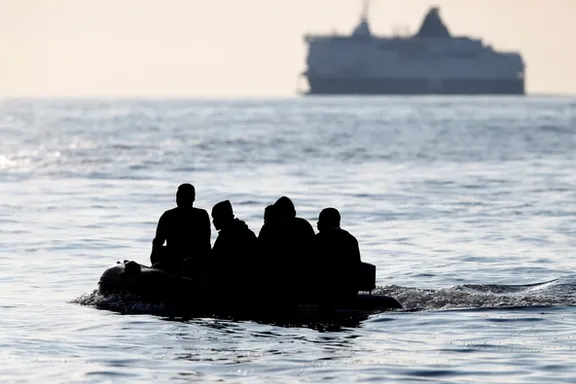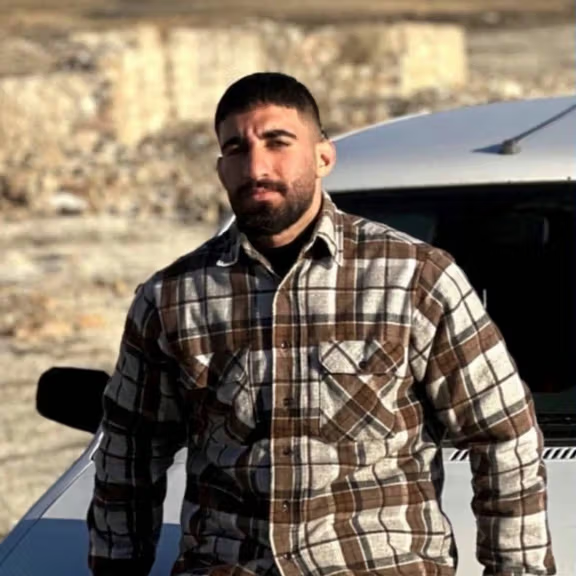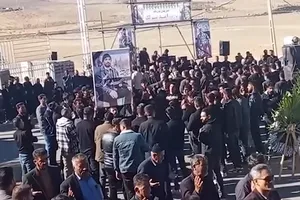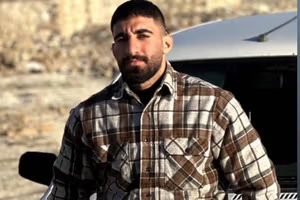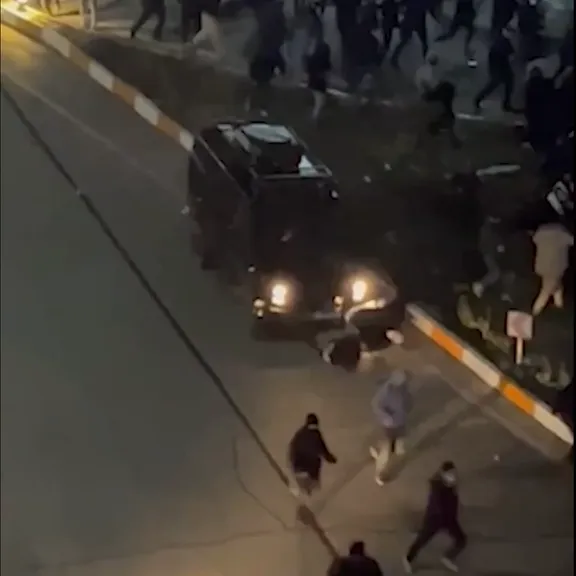Mohammad Maljoo, a left-leaning scholar and prominent public intellectual, was summoned and detained alongside several other left-leaning authors and researchers a few days after a YouTube debate in which he discussed the roots of extremism in Iran.
In the program, hosted and published by moderate outlet Entekhab, Maljoo argued that “extremists in Iran gained a foothold in the political power center after the war with Iraq in the late 1980s and under the second leadership, when they were given institutional backing that empowered and activated them.”
The phrase “second leadership” was widely understood as a reference to Khamenei, who became Supreme Leader after Ayatollah Ruhollah Khomeini’s death in 1989.
Rights observers said his arrest fits a pattern of detentions targeting academics, journalists, and intellectuals in recent weeks, as authorities seek to contain public debate in the aftermath of Iran’s 12-day war with Israel.
‘At the state’s core’
Before the program aired, participants had agreed to use the term extremist to describe hardliners who obstruct dialogue and disrupt normal political and social life.
Maljoo contended that these forces survive because of their relationship with the ruling elite.
“Without backing from the hard core of the government, extremists would not be heard,” he said, adding that Iran’s central power structure is “neither interested in, nor capable of excluding them.”
He described extremists as pressure groups acting on behalf of the power center while occasionally defying it. Their proximity to power, he said, “turns every outburst into an official directive.”
In return for enforcing ideological red lines—such as mandatory hijab, censorship, and control over key state appointments—they gain “wealth, status, and legitimacy.”
The interview aired as small hardline groups in Tehran were demanding the arrest of former president Hassan Rouhani, accusing him of “creating trouble for the government” after he called for renewed engagement with the West to ease economic pressures.
‘Foolish or traitor’
The other participant in the discussion, conservative political scientist Sadeq Haghighat of the Imam Khomeyni Research Center, largely concurred.
“Extremists are either foolish or traitors,” he said, adding that they seized control of the political arena soon after the 1979 revolution and later justified their dominance through ultraconservative cleric Ayatollah Mohammad-Taghi Mesbah-Yazdi, who taught that rulers need no public legitimacy once they control the state.
Haghighat traced the roots of extremism to Iran’s enduring political culture. “Regime changes—from Qajar to Pahlavi to the Islamic Republic—did not change the behavior of extremists,” he said.
Maljoo, for his part, argued that the ruling establishment occasionally tries to restrain extremists when their demands threaten stability.
“At times, the power center encourages moderates and reformists to push back,” he said. “But extremists are never satisfied and constantly seek more.”


